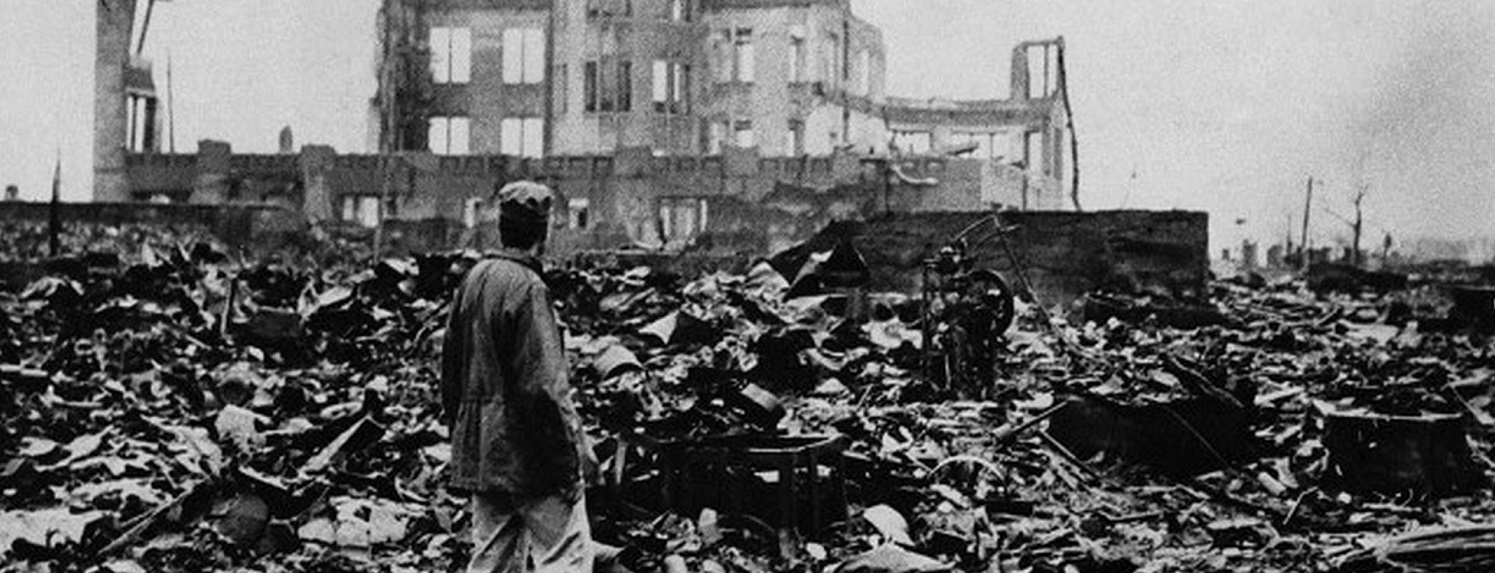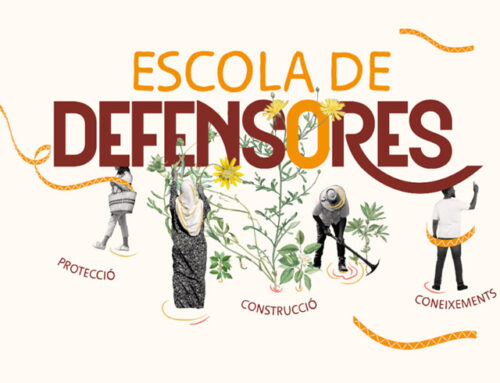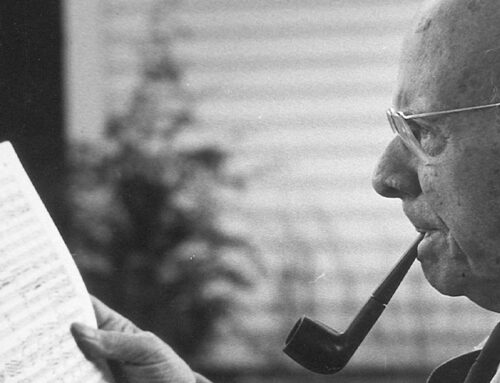
25/11/2022
Joan Fuster-Sobrepere: “United Nations was a great hope for his generation, because the alternative was nuclear destruction”
Yolanda Viñales Verdes
- The Pau Casals Chair – Music and Defense of Peace and Human Rights, an initiative of the Pau Casals Foundation and the UOC, attached to the UOC’s Faculty of Arts and Humanities, was created in 2022. Joan Fuster-Sobrepere, director of the Faculty and co-director of the Chair, talks to us about the significance of this Chair and the legacy of the Catalan musician.
How did the proposal to establish the Pau Casals Chair come about?
The Pau Casals Foundation believes in the UOC and in the creation of this stable space to carry out research and dissemination of the figure of Pablo Casals, both as a musician and as a defender of human rights and democracy.
Do you plan to apply for recognition of the Chair by UNESCO?
Pablo Casals established a strong bond with the United Nations, to the point of being the first person to receive the Peace Medal from this institution in 1971. Indeed, in the coming months we plan to present the candidacy for the Pau Casals Chair to be recognized as a UNESCO Chair. A recognition that would allow a greater impact and dissemination.
The figure of Pablo Casals has two facets, the musical and the defender of peace. How will the Pau Casals Chair work on these two lines?
These two facets are not unrelated. As a musical performer he renewed the technique of the cello, he was a soloist, conductor and composer. This look at musical studies is an opportunity for the UOC to open up to new fields of knowledge. And the second facet of Casals is his defense of peace and human rights where we already have some experience as a University.
What role did the musician play in this defense of peace?
Casals was very affected, both by the war in Spain and the world war, and was very active in favor of peace after World War II and the appearance of the atomic bomb, supporting the United Nations, an organization he saw as the main instrument to avoid a new war.
How would you define the commitments of Pablo Casals?
Pablo Casals was a person committed to human rights, peace, cultural rights and their social extension. The Associació Obrera de Concerts was a clear example. When he returned to Barcelona and settled after living in the United States, he created this space with the aim that everyone could listen to quality music for 1 peseta. A success until the war. His social commitment to culture was based on the commitment to access to culture as an emancipating element of the person.
“Casals was a person committed to human rights, peace, cultural rights and their social extension. The Associació Obrera de Concerts was a clear example.”
How will the internal work among the studios’ faculty take shape?
In Arts and Humanities Studies we have faculty and researchers who can work on historical, cultural and human rights issues. A call will be made to the network of collaborators, both internal and external, with the intention of achieving the purposes of the Chair, which involve research and awareness. We are currently in the phase of elaborating a program of action.
What would you highlight about Pablo Casals in the historical context in which he lived?
He was a person who was deeply impacted by the two wars he lived through and by their destructive character, as well as by the exacerbated and totalitarian nationalisms of the interwar period. He also had a belligerent attitude against Francoism, with his silent protest from Prada de Conflent. And he placed great hopes in the United Nations, for whom he composed the hymn.
Why?
In 1945 the creation of the United Nations was a great hope for his generation, because the alternative was destruction. Longings were placed in this institution because it could prevent future wars and nuclear destruction. The use of the atomic bomb and the feeling that the Cold War could lead to a nuclear Holocaust was a vivid, real and recent experience at that time; we must remember the great anti-nuclear campaigns of the 1950s linked to the Einstein-Rusell manifesto.
“The feeling that the Cold War could lead to a nuclear Holocaust was a vivid, real and recent experience at that time.”
And what would he think of the current role of the United Nations?
The feeling now is that the world has become Westphalian, I mean that there is a reestablishment of the logic of states over multilateralism. It is always better to have an institution like the United Nations, because it is a space where there is still room for compromise and multilateralism. We are currently at a time of shifting balances, new rivalries and new hegemonies. New powers are emerging and they want to carry their weight. We must make good use of the institutions we have and seek to strengthen them, precisely because they are under threat. It may not sound very epic, but it is necessary.
Pablo Casals had a capital link with America. Can this be a work opportunity for the Chair?
Both his relationship with New York and his relationship with Puerto Rico, his mother was Puerto Rican, daughter of Catalans, and Casals was also Puerto Rican the last years of his life. And this link can be an opportunity. Marta Casals, the maestro’s widow, still lives in Washington where she is a prominent figure in American culture.
A close link with America and a clear defense of Catalonia, right?
Pablo Casals felt very committed to the destiny of his people, we will never forget the emotional terms, steeped in patriotism, with which he addressed the United Nations Assembly when he received the medal in 1971, but he was also aware that the destiny of humanity is a single destiny, especially after the nuclear tragedy. Today, in the wake of the climate emergency and the Covid-19 pandemic, this common destiny has once again come to the fore.
Again music against destruction…
Music is something universal, there is no society that does not practice it, it is emotion and can be universal and appeal to all human beings. The Pau Casals Chair will be the opportunity to work on the link between music, peace and humanism, also promoting from the UOC the cultural rights that Casals defended so much.




